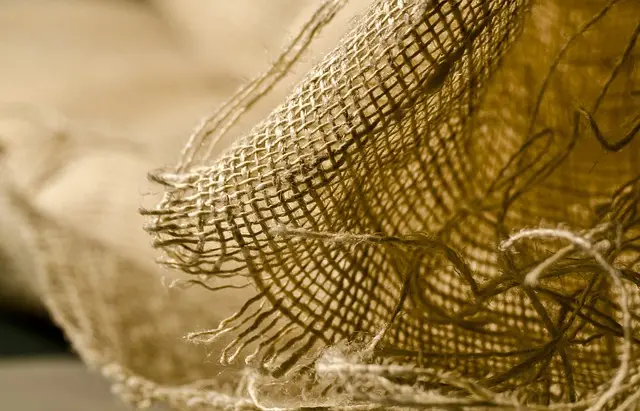Muscle soreness after workouts can be mitigated with kratom, a natural herb that acts as an analgesic by interacting with opioid receptors. Kava tea, brewed from dried kratom leaves, offers therapeutic benefits for recovery and stress reduction due to its interaction with GABA receptors. To make kava tea at home, measure 1-2 teaspoons of dried root powder, boil water, steep for 5-10 minutes, strain, and consume warm or cold post-workout for natural anti-inflammatory relief.
“Experience the soothing power of nature with kratom as a potential ally in alleviating muscle soreness. This natural herb has gained attention for its various benefits, including its ability to reduce post-workout discomfort. In this article, we’ll guide you through understanding muscle soreness and exploring kratom’s potential. Learn how to prepare refreshing kava tea, a step-by-step process that promises relief. Discover effective strategies for incorporating this herbal remedy into your routine to say goodbye to painful muscles.”
- Understanding Muscle Soreness and Kratom's Potential Benefits
- Preparing Kava Tea: A Step-by-Step Guide
- Incorporating Kava Tea for Effective Muscle Soreness Relief
Understanding Muscle Soreness and Kratom's Potential Benefits

Muscle soreness is a common issue that can arise from various activities, including intense workouts, sports, or even everyday physical labor. It’s a signal from your body indicating muscle fatigue and damage. This discomfort can range from mild to severe, impacting your mobility and overall well-being. Kratom, a natural herb with a rich history in traditional medicine, has gained attention for its potential relief properties, especially in mitigating muscle soreness.
Kratom, scientifically known as Mitragyna speciosa, is renowned for its analgesic (pain-relieving) effects. When consumed, kratom interacts with opioid receptors in the brain and body, modulating pain perception. In addition to pain management, some users report that kratom can enhance overall well-being and energy levels, making it a potential aid for post-workout recovery. Creating kava tea is an accessible way to explore these benefits; simply steep dried kratom leaves in hot water to prepare a soothing and potentially therapeutic brew.
Preparing Kava Tea: A Step-by-Step Guide

To prepare Kava Tea, follow this simple step-by-step guide:
1. Measure Your Ingredients: Start by measuring out 1 to 2 teaspoons of dried Kava root powder, depending on your desired strength. Kava is typically measured in terms of “servings” or “teaspoonfuls,” so adjust according to your needs.
2. Boil Water: Bring fresh, cold water to a rolling boil. The amount of water will depend on how much Kava you’re using and the number of servings you want to make. A good rule of thumb is about 1 cup (240ml) of water per serving.
3. Infuse the Powder: Once boiling, turn down the heat to low and add the measured Kava root powder directly into the water. Let it steep for 5-10 minutes to allow the compounds in the Kava to infuse into the water, creating a potent tea. The longer it steeps, the stronger the effects may be.
4. Strain and Serve: After steeping, strain the tea into cups using a fine mesh strainer or cheesecloth. Discard the solids. Kava Tea can be served warm or cold, depending on your preference. For best results, consume it immediately after preparing.
Incorporating Kava Tea for Effective Muscle Soreness Relief

Kratom is well-known for its pain-relieving properties, but incorporating Kava Tea into your routine can enhance muscle soreness relief even further. Kava, a root herb native to the Pacific Islands, has been used traditionally for centuries to promote relaxation and reduce stress. Modern research supports these claims, showing that kava contains compounds that interact with GABA receptors in the brain, leading to a calming effect.
To make Kava Tea at home, start by grinding fresh kava roots or using high-quality kava powder. Boil water and pour it over the kava, steeping for 10-15 minutes. Strain the tea and enjoy it warm. For best results, drink a cup of kava tea after physical activity to help soothe aching muscles and promote relaxation. Its natural anti-inflammatory properties can aid in reducing inflammation associated with muscle soreness, providing an effective and holistic approach to recovery.
Kratom, particularly in the form of kava tea, offers a natural and potentially effective solution for muscle soreness relief. By understanding the science behind muscle recovery and kratom’s active compounds, you can harness its benefits through simple methods like preparing kava tea. Following our step-by-step guide ensures you unlock the full potential of this ancient herb. Incorporating kava tea into your post-workout routine could be a game-changer for managing discomfort, allowing you to hustle and bustle through your day without hindrances.






